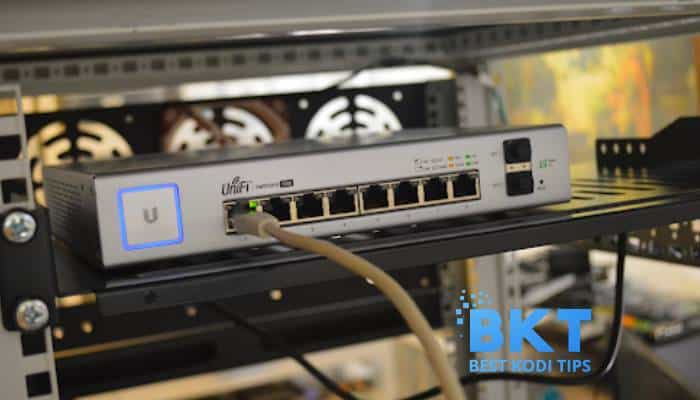Online services are at the forefront of any business with a global market reach. As a business owner, your website should accommodate increasing traffic and user demands as you attract more leads.
Website scalability is crucial to keep up with the surge in users. This will seamlessly provide a sustainable and smooth user experience. However, scaling solutions have challenges, including resource allocation and database management.
One solution that addresses this setback is the implementation of dedicated server hosts. This is where a website is hosted on a single server to eliminate resource sharing. Read on for more.
Dedicated Hosting: What Is It and How Does It Work?
Dedicated hosting is a web hosting service where a single server is exclusively committed to a single entity. This can be a website, web application, or any other cloud resource. In contrast to shared hosting or Virtual Private Servers (VPS), dedicated hosting guarantees the sole utilization of a server’s resources, including bandwidth, RAM, CPU, and storage.
When looking for a dedicated server for your business, you must be aware of the key features and benefits. With this knowledge, you can quickly identify the best web hosting services.
Features of Dedicated Hosting
With valuable attributes, dedicated servers provide remarkable controls and ample resources. You can accomplish various tasks with a fully managed hosting server. The top features of a dedicated server are mentioned below.
- Server Management – The user has complete control over server management. This allows you to configure and optimize your server depending on your requirements.
- Hardware Options – A dedicated server gives you different hardware options to choose from. Most of them, including CPU, RAM, and storage capacity, are tailored to the specific demands of a website or application.
- Availability – Services or resources on a dedicated hosting service are always available. This is attributed to the lack of sharing, which can cause downtimes.
- Reliability – Dedicated servers are more reliable and can provide any requested service. There are fewer instances of breakdowns or downtime because of backups.
Advantages of Dedicated Hosting
As already stated, dedicated hosting has many advantages for organizations and businesses, such as:
-
- Improved Performance – One of the most significant merits of dedicated servers is quick access. All services and resources are reserved for the website or web application.
- Customization and Flexibility – A dedicated server is always designed with customization and flexibility in mind. Businesses can always choose customized servers based on client requirements.
- High Level of Security – Dedicated hosting allows you to customize your security settings fully. This includes adding firewalls, limiting admin access and physical protection to on-premises servers.
- Dedicated Support – Customer concern is always essential, especially if they have queries. Top trustworthy server providers offer 24/7 on-site support. You can also contact them through various means, including live chat and phone.
Server Scalability Strategies with Dedicated Hosting
The ever-increasing demand for online services has forced organizations to adopt effective scaling techniques. Regardless of your choice, the aim is to ensure that servers can handle surges in traffic and workload. Below are the three main dedicated server scaling strategies in dedicated hosting.
Vertical Scaling
Also known as scaling up, vertical scaling involves adding more hardware components to the currently active dedicated server. Each addiction boosts performance to match the increased traffic effectively.
Scaling up can also define replacing the whole system or moving workload from the current server to an upgraded dedicated server. This is a relatively cheap strategy and is easy to implement.
Horizontal Scaling
Rather than hardware, horizontal scaling or scaling out includes adding more servers to boost performance. Incoming requests are handled by a dedicated server cluster that distributes the workload for easier access.
One significant advantage of this strategy is that it eliminates the single point of failure. This means that even if a single dedicated server is down, users will never experience any downtime.
Hybrid Scaling
Hybrid scaling combines both horizontal and vertical scaling strategies. By leveraging cloud resources, businesses can handle sudden traffic spikes while benefiting from the control and customization offered by dedicated hosting.
Conclusion
As a business grows, website scalability is required because of increased resource demands and traffic. Dedicated hosting offers all the necessary tools that can handle these challenges effectively. With reliable server management, customizable options, and increased security, you can ensure optimal performance for a seamless user experience.
Furthermore, there are additional benefits, including customization and flexibility, high security, and dedicated support. Your potential leads will have an easier time accessing resources on your platform regardless of the day or time.
Consider exploring scalable and high-performance solutions by implementing dedicated server hosts. These services will help you take the next step to reap the huge benefits of dedicated hosting.















Comments